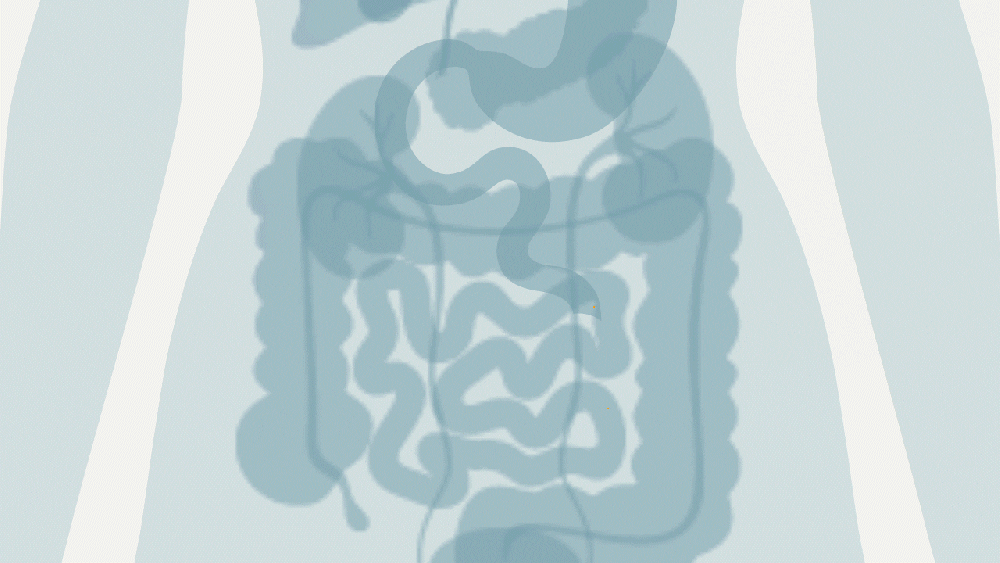How toManage hunger
Summary
Hunger is one of our most basic human instincts.
It drives you to seek the energy your body requires to breathe, move, and perform hundreds of other important functions. Sometimes, your stomach might rumble or you may feel an “empty” sensation that alerts you that it’s time to eat.
Hunger can be a good thing
However, when you’re trying to lose weight, feeling hungry often can be a huge obstacle.
Hunger vs. appetite
What’s the difference between hunger and appetite?

The 4 R’s
When you feel like eating but aren’t sure why, turn your attention to the four R’s: replenish, rehydrate, redirect, and relax.

Although it may be challenging, you can curb hunger and cravings.
In addition to eating a nutritious low-carb diet, learning to distinguish true hunger from wanting to eat for other reasons is key. Try to avoid foods that stimulate your appetite or trigger cravings.
For more in-depth information, go to our website, where you can read the complete detailed guide and watch the video about how to harness hunger while losing weight.
In one study, when people deliberately ate 250 calories less at a meal, they were hungrier within a few hours, which didn’t happen after they burned the same number of calories during exercise:
Appetite 2014: Appetite and gut peptide responses to exercise and calorie restriction. The effect of modest energy deficits [randomized crossover trial; moderate evidence]
For instance, eating a high protein, low carb breakfast of eggs has been shown to help overweight people feel full longer and eat less at their next meal compared to eating a high carb, low protein bagel breakfast:
Journal of the American College of Nutrition 2005: Short-term effect of eggs on satiety in overweight and obese subjects [randomized crossover trial; moderate evidence]
Studies have shown that responses to hunger and fullness can vary a lot from person to person:
Current Obesity Reports 2019: Issues in measuring and interpreting human appetite (satiety/satiation) and its contribution to obesity [review article; ungraded]
United European Gastroenterology Journal 2021: The gastrointestinal tract in hunger and satiety signalling [overview article; ungraded]
In one study of female students, those identified as “high emotional eaters” consumed much more food after being exposed to conditions designed to make them feel sad vs. conditions designed to make them feel happy:
Appetite 2013: Emotional eating and food intake after sadness and joy [non-controlled study; weak evidence]
Frontiers in Psychology 2015: Eaten up by boredom: consuming food to escape awareness of the bored self [series of non-controlled studies; weak evidence]
Appetite 2011: The importance of habits in eating behaviour. An overview and recommendations for future research [overview article; ungraded]
Critical Reviews in Food Science & Nutrition 2017: External cues challenging the internal appetite control system—Overview and practical implications [overview article; ungraded]


